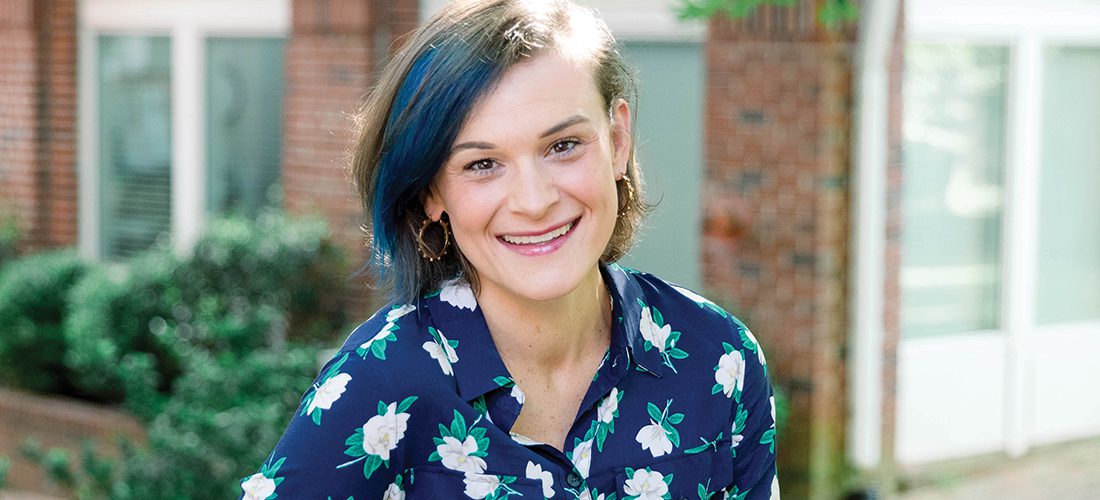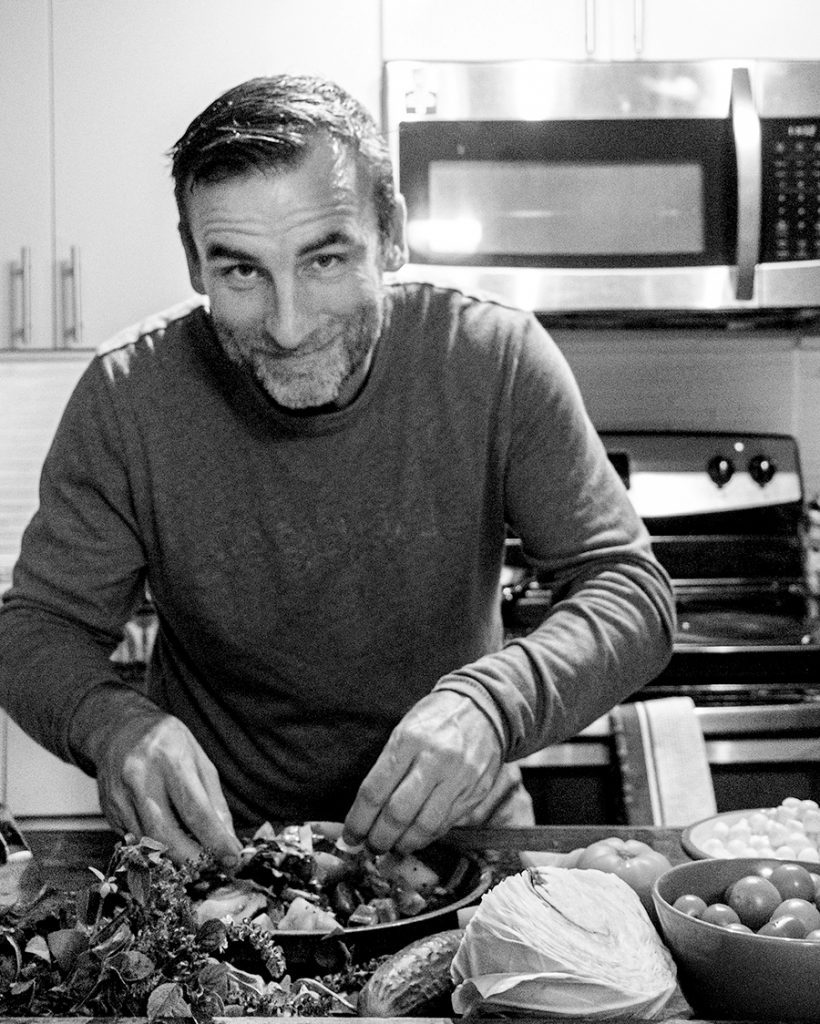Well + wise: Radical acceptance
November 1, 2021

Learning to recognize what we can and cannot control
by Juliet Lam Kuehnle
It is what it is. I have always hated that phrase because it often feels dismissive and passive. What I do appreciate, though, is the sentiment. In psychology, we refer to this attitude as radical acceptance. This is an active skill and a practice of receiving reality without fighting it. This mindset of acceptance is seeing the present moment for what it is, from an objective lens. It requires us to remove emotionality and stop yearning for something to be different. We don’t have to approve of or want an experience; we can learn what is in our control so we can relinquish that which is not.
Take the pandemic, for example. We could remain stuck in a mental space of anger that we’re still navigating mask discussions, quarantining and significant illness. This can cause us to ruminate on negativity and can drive apathy or irritability. Alternatively, we can acknowledge the frustration of this reality and our desire for things to be different and home in on what we can control. This might include taking our own precautionary measures, practicing self-care or finding ways to connect with people. Coupling this with a “letting go” of the greater angst can help us feel more hopeful and present. There’s a lot of freedom in surrendering in this way. It can take the pressure and judgement off our own actions. It doesn’t mean we give up, but quite the opposite.
Myque Harris, an integrative psychotherapist at Myqueology, shares how this philosophy encourages mindful living. “Paying attention, without judgment, to what we genuinely feel moment to moment and having acceptance of those feelings without pushing them away, especially if they are negative, can be challenging,” she says. “Yet, research shows that mindfulness positively enhances our quality of life. Radical acceptance gives us the opportunity to truly tap into our feelings so that we can embrace both positive and negative aspects of an experience enough to make intentional decisions for our lives in the present moment.” Harris cites Thich Nhat Hanh, a global spiritual teacher and author, who discusses how radical acceptance eliminates duality — the tendency to view things as good or bad, positive or negative, this or that. “We must embrace both as we cannot have one without the other. Sometimes we must experience pain and suffering to know happiness and joy.”

Kuehnle spoke with Sam Diminich, personal chef (including that of Carolina Panthers running back Christian McCaffrey) and owner of Your Farms Your Table gourmet meal delivery service. Below are excerpts from their interview, lightly edited.
Talk to us a little bit about your mental health journey.
I was taught to numb. I had so many things going on as a young person, with no skill set and no one to go to to say, “I’m scared and hurt.” I didn’t know what to do. I bundled it up and ran with it for decades.
When you were in it, were you aware that what you were doing was numbing and avoiding?
I just knew I was different. I felt othered and less than. I would pretend like I could solve the problem until I eventually realized I couldn’t outrun it. … It requires humility to admit the truth. It finally came down to whether or not I could do the work from the inside out.
“There is nothing wrong with seeking excellence, but when perfection is part of your vocabulary, it can be very dangerous. There’s such a lesson
in falling apart and putting things back together.”
There’s nothing more vulnerable than surrender. Getting to that point can be terrifying.
It requires absolute surrender and saying. “I’m going to get out of the way.” The fear is the unknown: What if I do have to change? What will that look like? Dysfunction is all I knew, so for a long time, it was much safer to marinate in that than to take a chance on something that was a healthy alternative.
Can you imagine yourself in your 20s having these insights?
No, I spoke in a completely different language back then. Now, I recognize that I have set an example for my kids that it’s OK to fail and make mistakes. There is nothing wrong with seeking excellence, but when perfection is part of your vocabulary, it can be very dangerous. There’s such a lesson in falling apart and putting things back together.
What do you do to keep your mind right?
We tend to make mountains out of molehills with the issues between our ears. I try to get out of “self” and into service. When I’m invested in someone else’s life — in their ups or downs — I have an opportunity for perspective, and it helps me look internally and right-size the issues I may have going on at the time. Also, you never know when you’re going to hear exactly what you need to hear. I have tangible evidence in my life to back that up. SP
Juliet Kuehnle is the owner and a therapist at Sun Counseling and Wellness. The full version of Kuehnle’s “Who You Callin’ Crazy?!” interview featuring Sam Diminich can be found on Instagram @yepigototherapy or wherever you stream podcasts.
